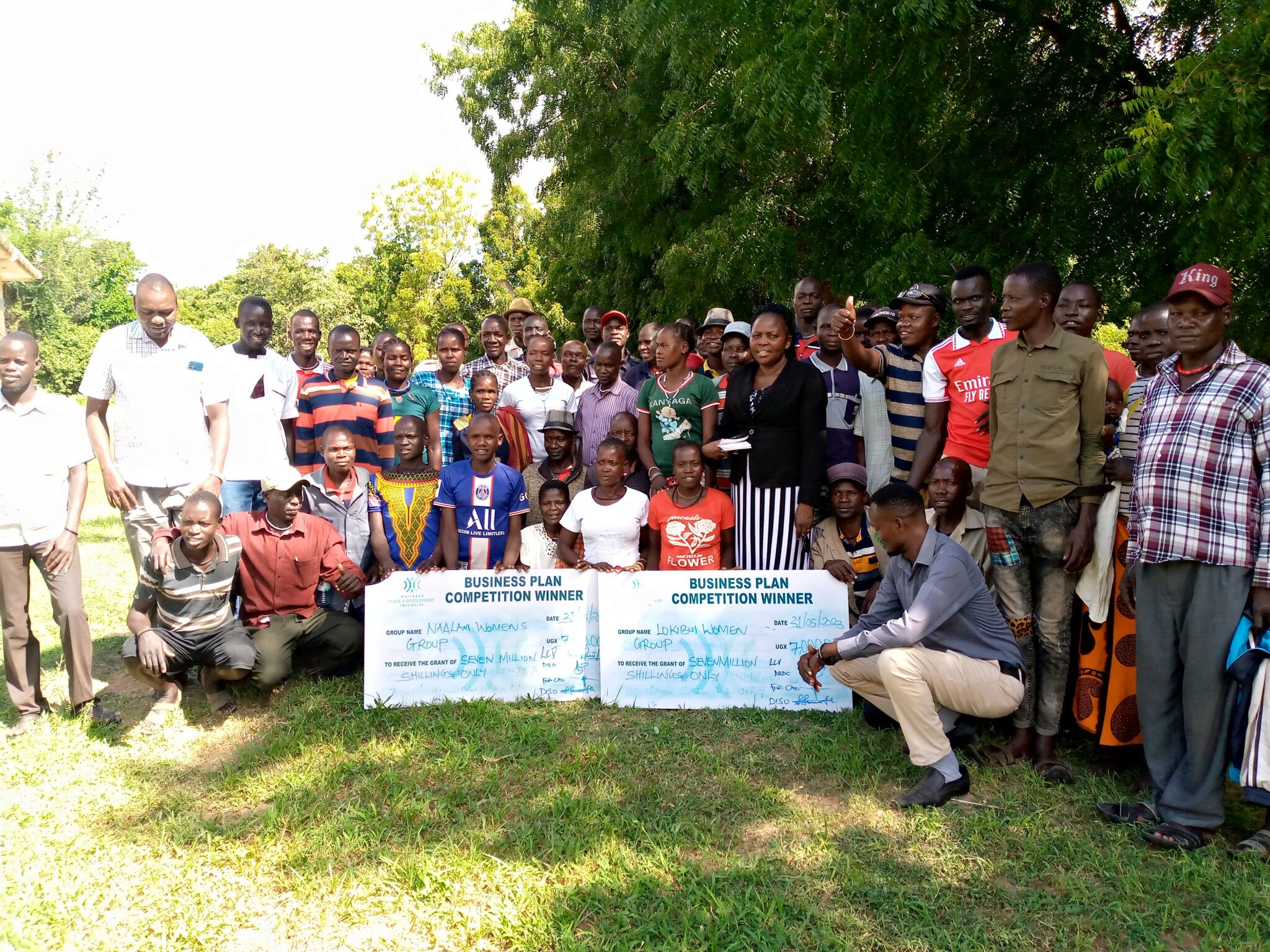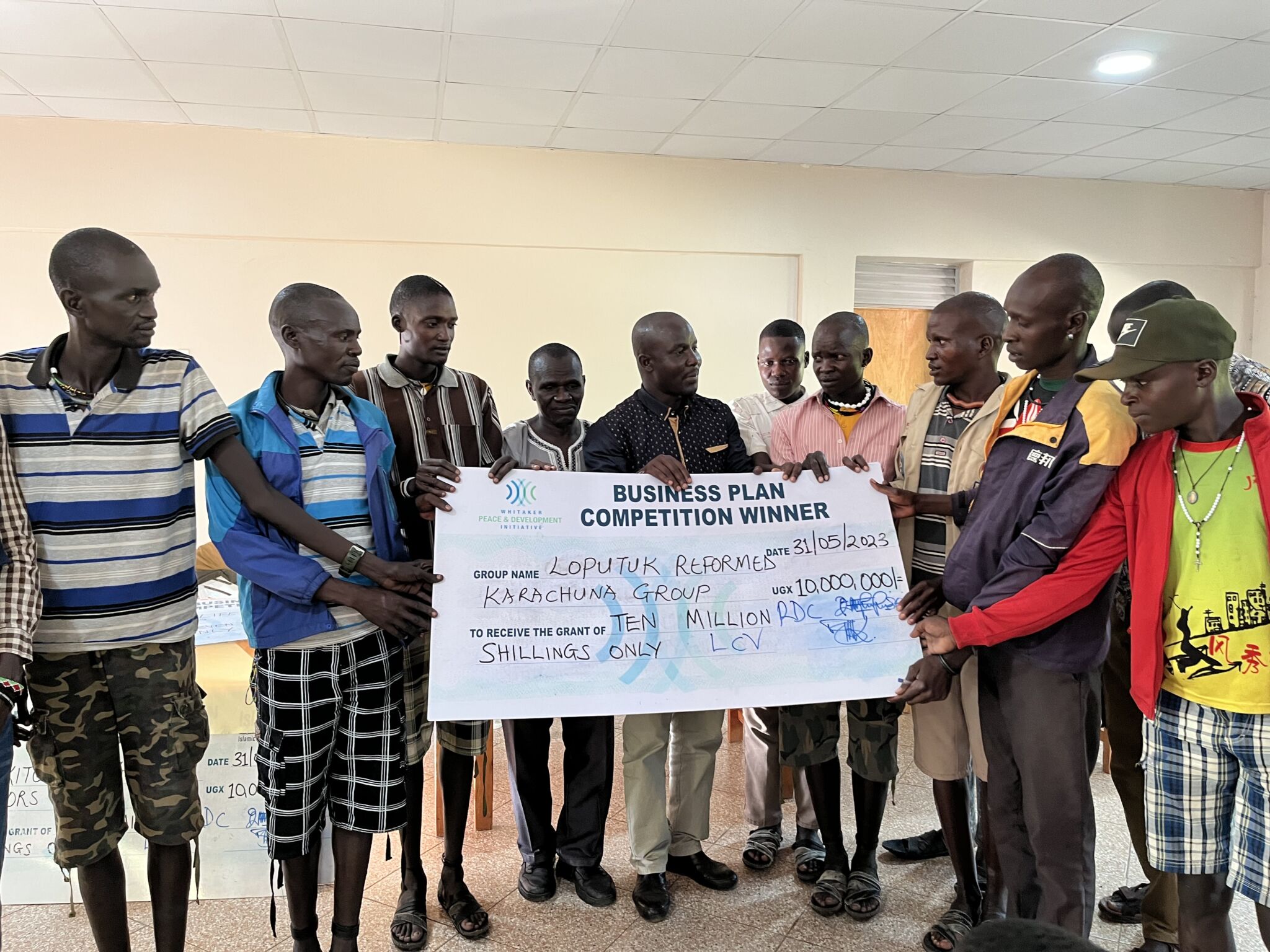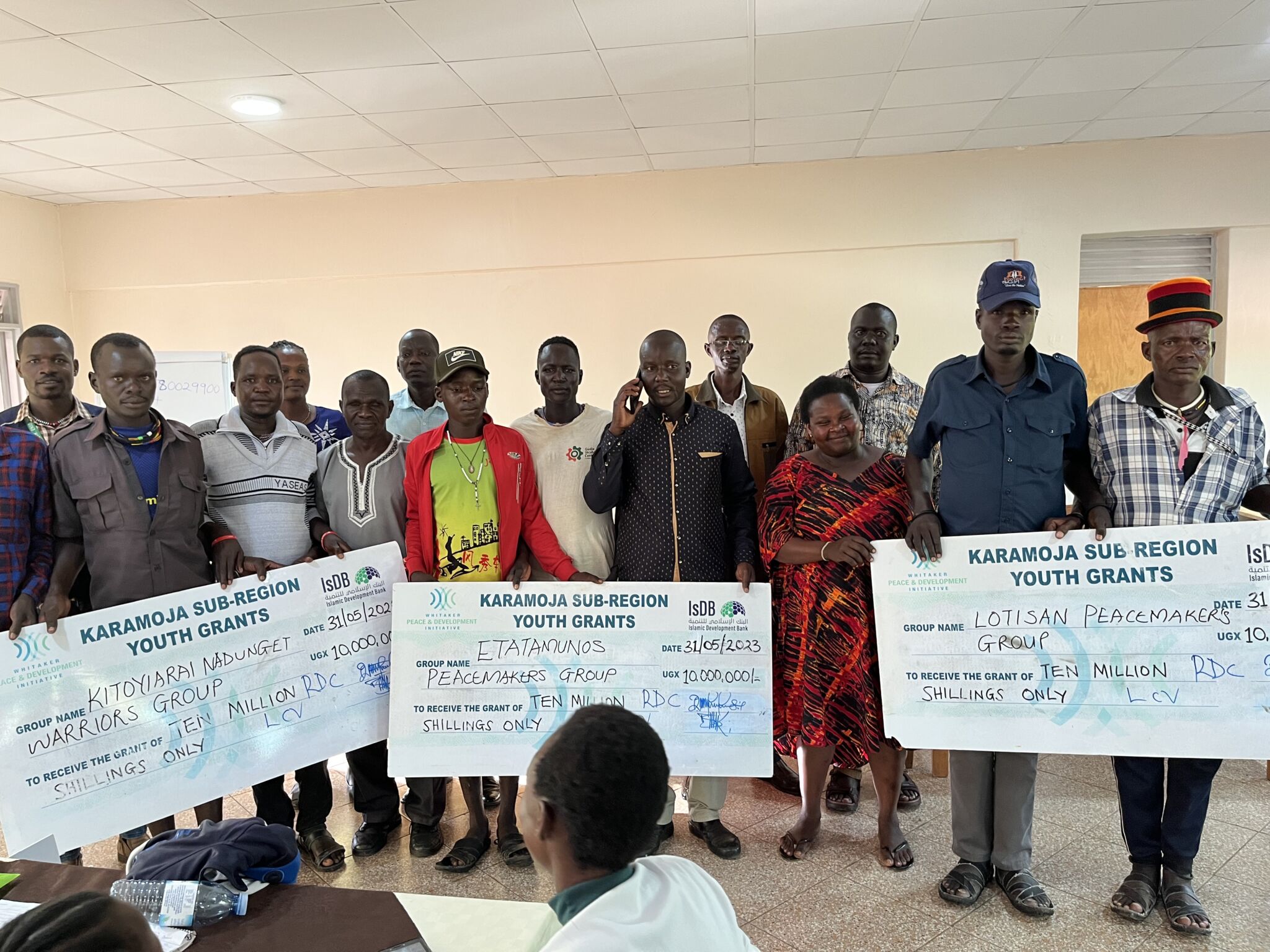June 28, 2023 – In the areas where WPDI operates, an ingrained culture of violence and conflict has often permeated through communities for decades. In Uganda, a country that has, in the past twenty years, experienced civil war, population displacement and economic hardship, many struggle to find a path to a peaceful co-existence and economic stability. This is especially the case in the Karamoja Sub-Region, one of the poorest and most violent regions in the country, due to its relative remoteness from the central regions and, also, to its position on the border of Uganda with South Sudan, a country that is host to confrontations among ethnic groups that can be found on both sides of the border. Young people of Karamoja, many former child soldiers or cattle raiders, have therefore grown up knowing only a culture of violence, making it difficult for them to reintegrate into a society that aspires to peace after years of conflict.

But recognizing that these youths lack a culture of peace is just a first step. Indeed, the issue of abandoning a culture and adopting a new one cannot happen overnight: committing to new values, behaviors and attitudes is a long-term endeavor that calls for dedicated and collective efforts at the grassroots level. In particular, these efforts must build, as affirmed by the UN Security through its Youth, Peace and Security agenda, on the participation of young people in the construction of peace in their communities. To this effect, WPDI has focused initiatives in Uganda on showing these youths that there is another way, that a future of peace is possible and within reach if they agree to contribute to the welfare of their region. These initiatives include peacebuilding and business programs, kickstarting participants’ ability to generate income for their families and communities through non-violent activities.
As part of our strategy this year, WPDI has been working with a group of 150 male warriors who were identified through the government security structure and who have surrendered their firearms to the authorities. The groups were identified in three districts of the Karamoja Sub-Region in northern Uganda: Moroto, Nabilatuk and Napak.

In late 2022, the group participated in a unique Peacebuilding and Conflict Resolution Education program that served as a basic platform to help them understand the basic tenets of peacebuilding, peaceful coexistence and how to resolve conflict in non-violent ways. The program was so successful that participants and local authorities requested an additional training support program, this time in Business and Entrepreneurship. The objective was to support the former warriors in the development of income-generating projects to ensure financial independence and economic security for them, their families and their communities.
At the end of May, a special training course was run for 152 reformed warriors, run by our WPDI-trained Youth Peacemakers. All participants successfully completed the course, and graduated in the presence of our WPDI team and local and sub-county officials. Group projects were awarded with a startup capital grant in order to help get their small business projects up and running.

Participants were vocal about the life-changing potential of the course. “Before this kind of training, my life was much worse. I could not even stay in public places, since I knew that every time I would be suspected of being a criminal. I was told about the WPDI Peacebuilding and Entrepreneurship training program by the community security structures, which convinced me to return the illicit firearms in my possession. Then the organization committed itself to rescuing my life and those of my colleagues as Karachunak. I have now realized that the life I used to live was not good because life was just a probability. I was very sure that I could die at any moment. Now I have been trained on other better, alternative ways of living and have been supported with a grant with my colleagues for our small business project. I am no longer going back to a bush life full of uncertainty,” said Ayomei Michael from Apeitolim sub county Napak district.
Empowering individuals who have been trapped in a culture of violence for most if not all of their lives is not easy, but it is possible. A future of peace can be attained if young people are equipped with appropriate skills, are presented with good opportunities and, above all, if they feel that they are trustworthy and can indeed be trusted with the future of the community.
In partnership with
